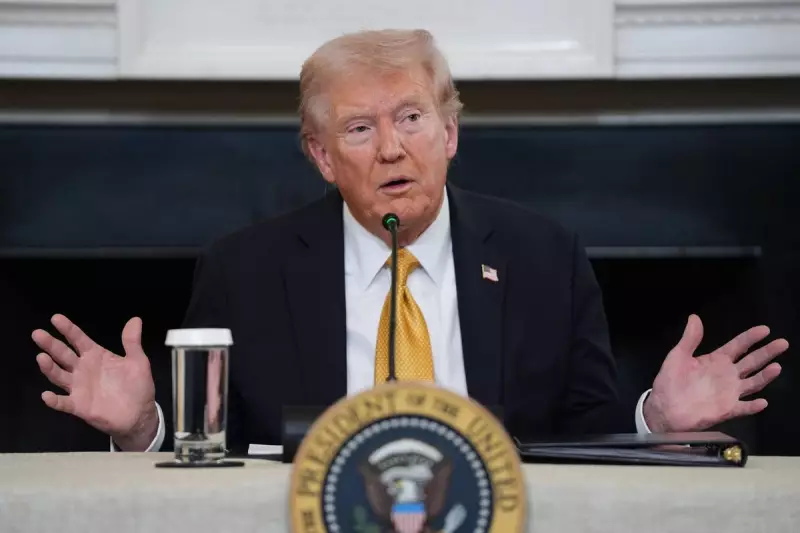
In a move that echoes one of the most contentious trade disputes in modern history, former President Donald Trump is reportedly considering imposing a blanket 10% tariff on all imports if he returns to the White House. This strategy bears striking resemblance to Ronald Reagan's 1987 decision to levy a 10% tariff on Canadian lumber, a move that sparked significant diplomatic friction between the neighbouring nations.
Historical Precedent for Modern Trade Tensions
The Reagan administration's tariff, implemented over three decades ago, was justified as a necessary measure to protect American timber interests from what was perceived as unfair Canadian competition. However, the decision was met with fierce opposition from Ottawa and triggered a trade dispute that took years to fully resolve through complex negotiations and agreements.
Trump's proposed across-the-board tariff would represent a significant escalation from targeted protectionist measures to a broader trade policy that could impact virtually all imported goods entering the United States.
Economic Implications and International Response
Trade experts warn that such a sweeping tariff could have far-reaching consequences for global trade dynamics, particularly affecting close US allies like Canada. The 1987 lumber tariff demonstrated how even targeted trade measures can strain diplomatic relations and create economic uncertainty on both sides of the border.
Modern trade relationships have become increasingly complex since the Reagan era, with supply chains more integrated than ever before. A blanket tariff today could disrupt these intricate networks and potentially trigger retaliatory measures from trading partners.
Political Context and Future Projections
The comparison between Trump's proposal and Reagan's historical action highlights ongoing debates about protectionism versus free trade in American politics. While supporters argue such measures protect domestic industries and jobs, critics contend they ultimately raise costs for consumers and damage international relationships.
As political campaigns intensify, trade policy continues to be a pivotal issue, with potential implications for inflation, consumer prices, and America's standing in the global economic landscape.





